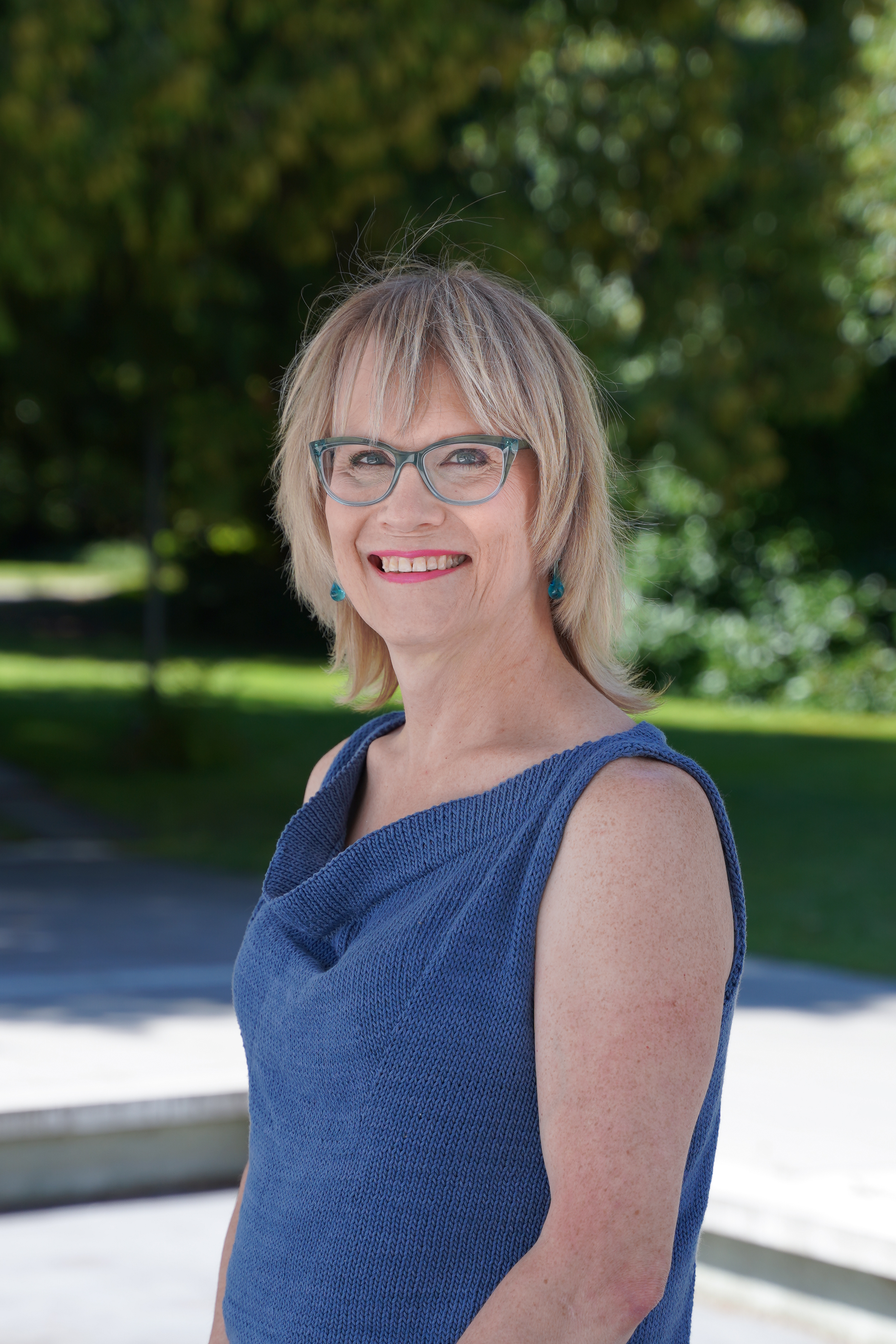Mary Ann Saunders
Research / Teaching Area
Education
BA: University of Waterloo (1990)
MA: Queen's University (1991)
PhD: University of British Columbia (2008)
About
Mary Ann Saunders’ teaching in WRDS is shaped in part by her research (outlined below) and by a writing studies pedagogy drawing on the insights of new rhetorical genre theory. Her WRDS 150 classes invite undergraduate students into the research culture of the university and gives them the tools they need to participate in the academy as empowered apprentice researchers. With Dr. Katja Thieme, she has developed a third-year course, WRDS 370. This course focusses on ways that minoritized populations have been marginalized and poorly served by research culture, historically and in the present, and how current researchers and other voices from those communities are speaking back to established research culture and reshaping research discourse. WRDS 370 will be offered for the first time in 2023W2 (Jan-Apr 2024) with specific focus on transgender and Indigenous people’s relationships with research culture. In both WRDS 150 and WRDS 370, students are asked to reflect on what makes an ethical researcher and how each student’s own positionality might shape their scholarly activities.
Dr. Saunders’ current writing studies research, with co-investigators Dr. Katja Thieme and Dr. Laila Ferreira, is focused on how language choices in published research about machine-learning gender-recognition systems reveal that such research is informed by an unexamined binary model of gender. As a consequence, gender recognition AI systems demonstrably disadvantage transgender people and perpetuate trans exclusion. Dr. Saunders is also working on a book with Dr. Katja Thieme which combines autoethnography with writing studies analysis and other research methods to track the complex sets of life experiences which shape a person into a trans educator who teaches trans topics (the person, in this case, being Dr. Saunders). Also with Dr. Thieme, she has previously published on the ways that citation practices in the field of transgender studies reflect a community of care among transgender researchers.
Dr. Saunders also teaches courses in the Department of English Language and Literatures, with two main areas of focus: children’s literature and trans literatures. She taught the UBC English Department’s first course focusing on literature by transgender writers, and also teaches what she believes may be the first course anywhere in the world covering children’s and young adult literature by trans writers.
Teaching
Research
- Gender
- WRDS (Writing Studies)
Additional Description
Transgender Studies
In WRDS 150, our course focus will be the multidisciplinary research field of transgender studies. A fundamental premise of trans studies is that ethical research about trans lives and experiences must be attentive to and prioritize the knowledge which trans people have about themselves. This, then, is also the stance we adopt in WRDS 150, understanding trans lives as legitimate and valuable, and trans people as the experts on their own experience. We will examine trans studies research from several academic disciplines to develop an understanding of how different disciplines construct knowledge in ways unique to each. Throughout the term, you will use the knowledge and skills you gain to develop your own transgender studies research and writing project. What do trans people say about their lives and experiences? How can you, as apprentice researchers, ethically translate that lived experience into research scholarship of your own?
